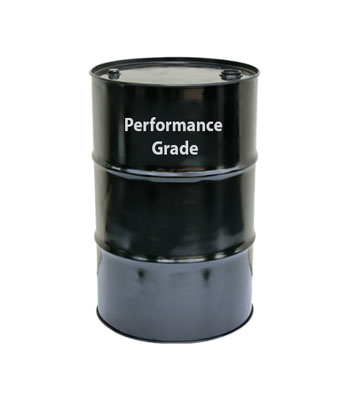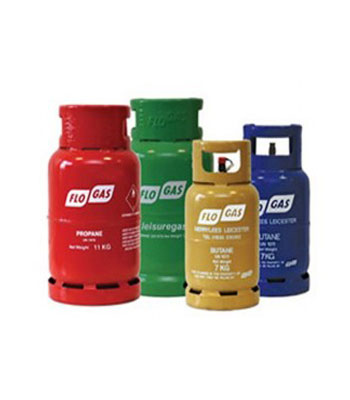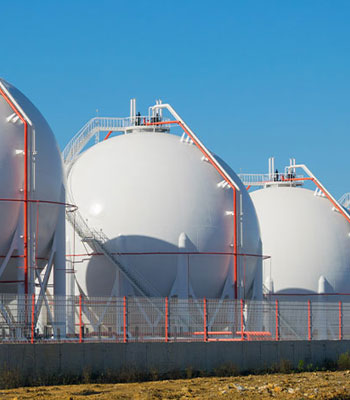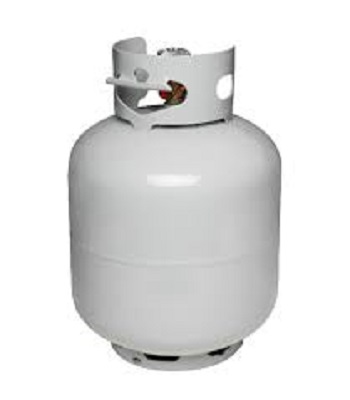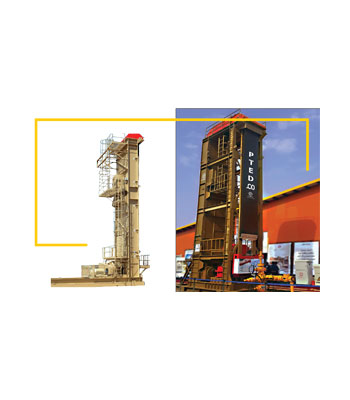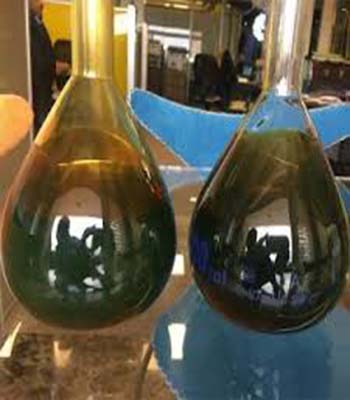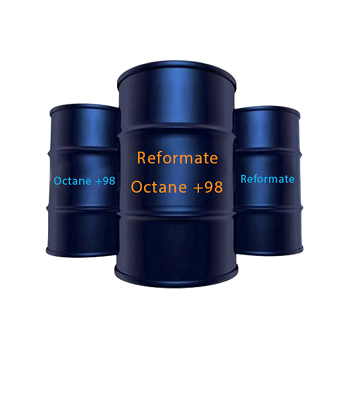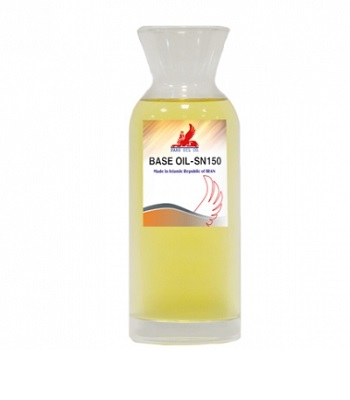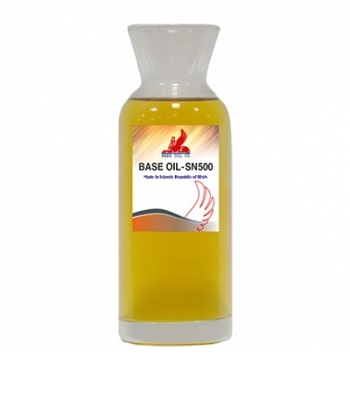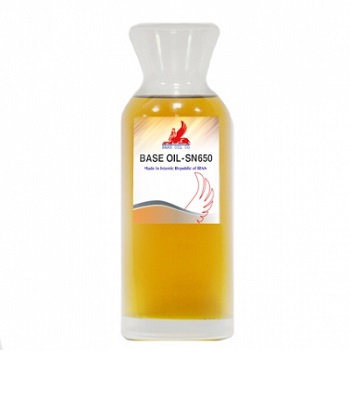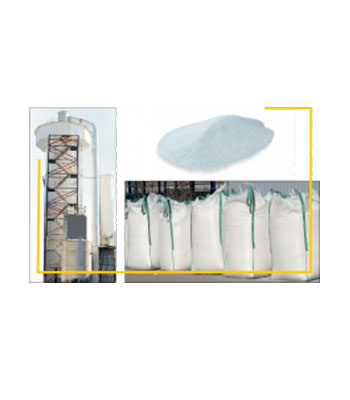Performance Grade
0,00 €Performance Grade Bitumen is the Latest Standard of bitumen. It is new method bitumen standard which based on varying temperatures. This method studies the mechanical specifications of bitumen. Since in this method, a temperature range is defined for bitumen, the consumer can easily choose the desired product. Performance Grade determined for polymer modified bitumen and pure bitumen based on environmental conditions and temperature. The wider PG Grades Range the higher resistance and more favorable specifications.
Performance Grade (PG)-Bitumen & Tar
0,00 €From October 1987 to March 1993, Strategic Highway Research Program (SHRP) was conducted in the United States. The program was focused on the development of new methods for assessing the performance of bitumen binders. The research resulted in the development of a new method known as Superior Performing Asphalt Pavements (Superpave).
The main specifications of this method included:
Using the efficiency criterion for bitumen binders and asphalt concrete
Considering climatic conditions in application of bitumen
The problems studied in this method are as follows:
Winter low-temperature bitumen cracking not related to loading
Bitumen fatigue cracking due to loading
Summer high-temperature bitumen deformation due to loading
The primary objective behind determining the new specifications was to facilitate the purchase of bitumen products of better quality because these specifications will clearly describe the product for potential buyers. The new specifications also guarantee the proper performance of bitumen in coating. Climatic conditions are important factors in the efficiency of coating, but limited research has been conducted on this issue due to limited time and quite similar weather conditions. Moreover, they would not be precise if the loading factor is not taken into consideration. The producers all around the world, has been started to produce this type of bitumen which POC is a prominent in this regard. Having installed SHRP systems, Pasargad Oil Company is capable of selling bitumen to its customers based on PG method. It worth to remind that in the past, penetration was used as a factor for bitumen grading. In performance grade, the focus is on the mechanical specification of bitumen while in penetration grade, experimental parameters are involved. In Iran, pen-grade is more common, but in some cases, PG has better be used for a better performance. Today, a PG is defined for polymer modified bitumen and pure bitumen based on environmental conditions and temperature. A wider PG range means higher resistance and more favorable specifications. Pasargad Oil Company has the capacity to produce all these grades. This company first conducted climate zoning in Iran to specify the appropriate bitumen for different geographical zones.
propane Gas
0,00 €Propane is a three-carbon alkane with the molecular formula C3H8, normally a gas, but compressible to a transportable liquid. A by-product of natural gas processing and petroleum refining, it is commonly used as a fuel for engines, oxy-gas torches, barbecues, portable stoves, and residential central heating. Propane is one of a group of liquefied petroleum gases (LP gases). The others include butane, propylene, butadiene, butylene, isobutylene and mixtures thereof.
Propane Specification
0,00 €The product propane specifications are as follows:
| Composition | |
|---|---|
| Ethane content | 2.0 liquid volume % (max.) |
| Propane content | 96 liquid volume % (min.) |
| Quality | |
| Vapor pressure at 100 ºF | 200 psig (max.) |
| Volatile residue temp. at 95% evaporation | 37 ºF (max.) |
| Butane and heavier | 2.5 % liquid volume % (max.) |
| Residue on evap. of 100 cm3 | 0.04 cm3 (max.) |
| Oil stain observation | pass |
| Corrosion, copper strip | No. 1 |
| Impurities | |
| Total sulfur | 0.001 wt % (max.) |
| Hydrogen Sulfide | negative |
| Moisture | 1 ppmv |
Propane-Hydrocarbon
0,00 €Propane is a three-carbon alkane with the molecular formula C₃H₈. It is a gas at standard temperature and pressure, but compressible to a transportable liquid. This product is used as raw material for production of olefins and also as fuel.
Raffinate-Hydrocarbons
0,00 €Raffinate (petroleum gas, butane-butene raffinate) is the remain of C4-fraction after the extraction of 1,3-butadiene. Raffinate is the hydrocarbon (butane-butene) gas mixture. It is extremely flammable, colorless gas, with slight aromatic odor.
Reformate with an octane level of +98-Gasoline
0,00 €Reformate is a gasoline blending stock that is produced by the catalytic reforming, a refining process in which mixed-catalysts and hydrogen promote the rearrangement of lower octane naphthenes into higher octane compounds without a significant reduction in carbon number
SN 150 Base Oil
0,00 €Pars Oil Co. is one of the leading suppliers of Base Oil Group I according to American Petroleum Institute (API), that contain less than 90 percent saturates and have viscosity index greater than or equal to 85 and less than 120.
In Pars Oil refinery diverse grade of Base Oil are produced by means of solvent refining paraffinic crude oil as below, with modern production facilities and using high quality raw materials.
Applications
Base Oils are used to manufacture products including motor oil, Industrial oil, Grease, and etc.
SN 500 Base Oil
0,00 €Pars Oil Co. is one of the leading suppliers of Base Oil Group I according to American Petroleum Institute (API), that contain less than 90 percent saturates and have viscosity index greater than or equal to 85 and less than 120.
In Pars Oil refinery diverse grade of Base Oil are produced by means of solvent refining paraffinic crude oil as below, with modern production facilities and using high quality raw materials.
Applications
Base Oils are used to manufacture products including motor oil, Industrial oil, Grease, and etc.
SN 650 Base Oil
0,00 €Pars Oil Co. is one of the leading suppliers of Base Oil Group I according to American Petroleum Institute (API), that contain less than 90 percent saturates and have viscosity index greater than or equal to 85 and less than 120.
In Pars Oil refinery diverse grade of Base Oil are produced by means of solvent refining paraffinic crude oil as below, with modern production facilities and using high quality raw materials.
Applications
Base Oils are used to manufacture products including motor oil, Industrial oil, Grease, and etc.
Sodium Sulfate – Environmental Protection
0,00 €Sodium Sulfate is another side product of the Lead Production Industry with a capacity of 16 tons daily. This unit simultaneously increases the efficiency of protecting the environment in battery scrapping



